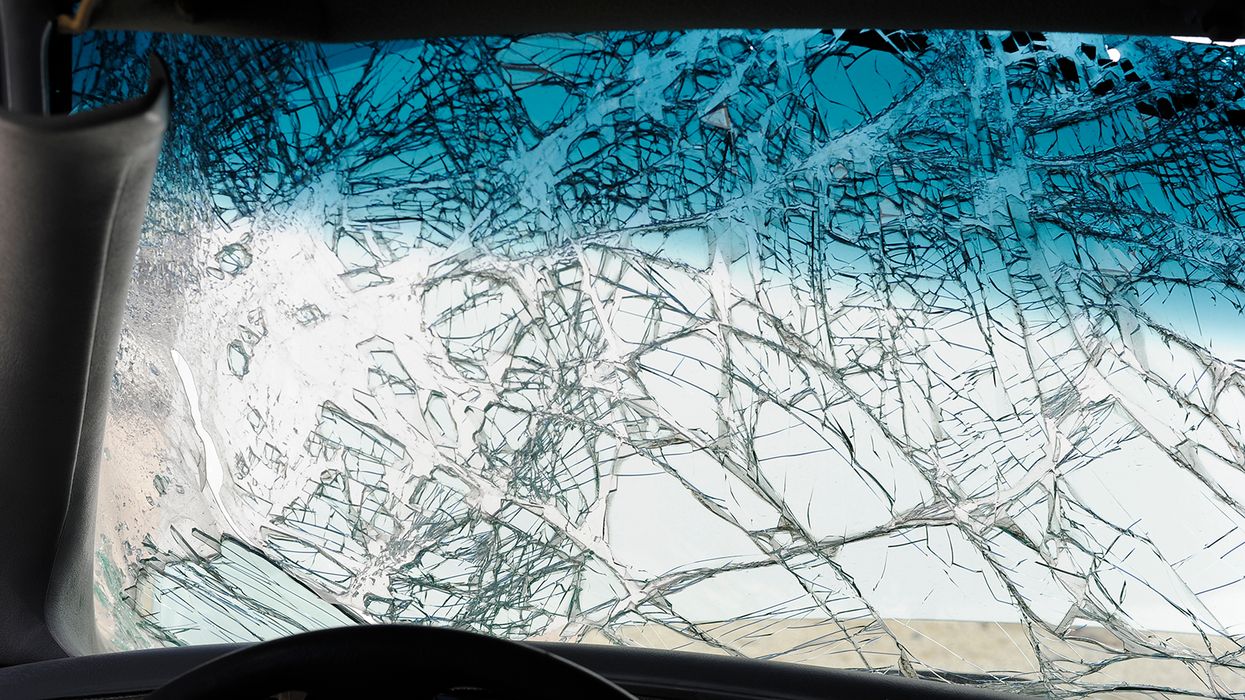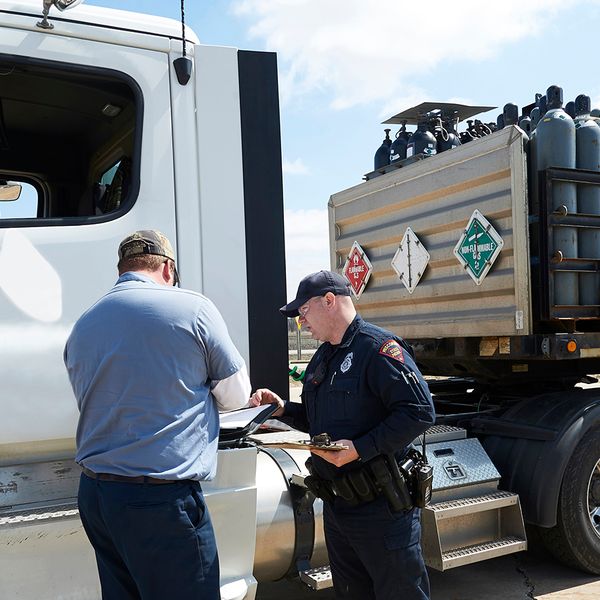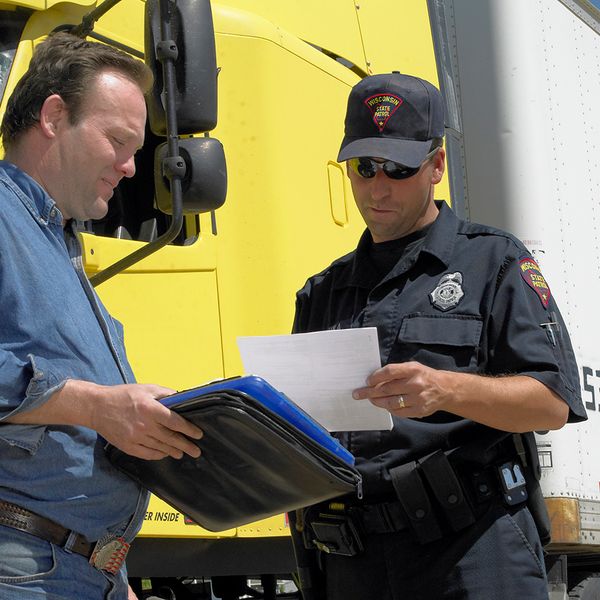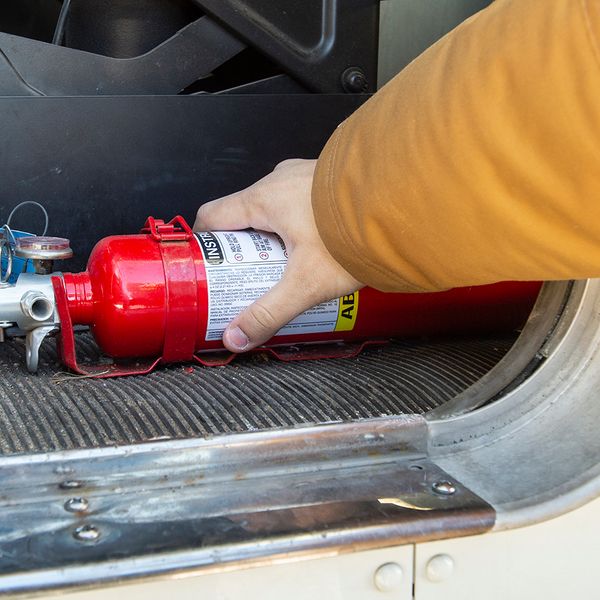Counterfeit vehicle safety devices pose hidden dangers
Imagine driving down the road, confident in the safety features of your car or commercial motor vehicle (CMV), only to discover that the airbag you rely on could be a ticking time bomb. This isn't a scene from a thriller, it's a real risk posed by counterfeit vehicle safety devices. The Pipeline and Hazardous Materials Safety Administration (PHMSA) has issued a Safety Advisory Notice to alert everyone about this growing danger.
PHMSA's advisory is a wake-up call about the dangers of counterfeit safety devices like airbag inflators, airbag modules, seatbelt pretensioners, and other supplemental restraint system (SRS) components. These fake parts are often made by inexperienced manufacturers and sold at bargain prices. They might contain unapproved explosive materials, making them not just unreliable but downright dangerous.
If you need additional information on explosives compatibility, check out this ezExplanation.
What are safety devices?
Safety devices in vehicles/CMV’s, vessels, or aircraft are designed to protect you by using pyrotechnic substances or other hazardous materials. The Hazardous Materials Regulations (HMR) set the standards for testing, packaging, shipping, and transporting these devices. Genuine safety devices must meet or exceed original equipment manufacturer (OEM) specifications, and they must be properly packaged, marked, labeled, and documented for shipment.
Counterfeit crisis
Counterfeit safety devices are a growing problem. In 2024, U.S. Customs and Border Protection (CBP) and Homeland Security Investigations (HSI) seized over 211,000 counterfeit automotive/CMV parts, nearly double the previous year's total. Among these, more than 490 counterfeit airbags were confiscated, a tenfold increase from 2023.
Risks of fake airbags
The National Highway Traffic Safety Administration (NHTSA) has found that counterfeit airbags often malfunction, from not deploying at all to shooting out plastic and metal shrapnel. These malfunctions have already caused at least three fatalities. The affected vehicles/CMV’s had replacement airbags installed by independent repair shops after previous accidents.
How to protect yourself
PHMSA offers several tips to help you avoid counterfeit safety devices:
- Check the vehicle history: Before buying a used vehicle/CMV, get a vehicle history report. If you already own a used vehicle/CMV with an unknown history, it's worth checking too.
- Inspect airbags: If your vehicle/CMV has had an airbag deployment, visit a reputable mechanic or dealership to ensure the replacement airbags meet OEM specifications.
- Demand certified parts: When getting repairs, ask for proof that the parts used are certified and meet OEM standards.
- Be cautious online: When shopping for automotive/CMV safety devices online, pay attention to the brand and source of the parts.
- Consult the experts: If you suspect you have a faulty or substandard part, consult a dealership or reputable mechanic to see if it needs replacing.
The PHMSA Safety Advisory Notice is a crucial reminder to use genuine, high-quality safety devices in your vehicle/CMV. By following these recommendations, you can help ensure your safety and that of your passengers.
Key to remember: Counterfeit safety devices are very dangerous and cannot operate properly when needed or prematurely activate causing severe damage or injury. Make sure you are only purchasing, shipping, or transporting OEM quality safety devices from reputable sources.























































